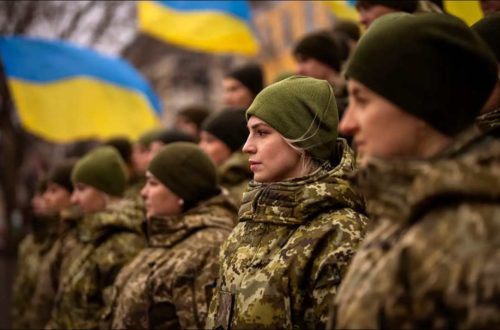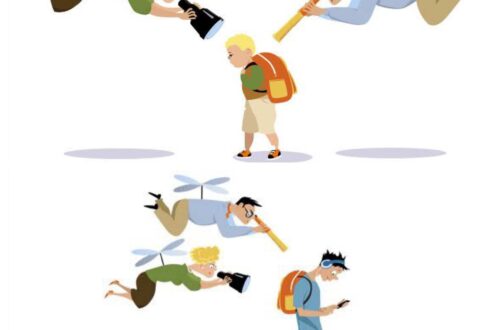Exercising in Extreme Heat to Put Steel in Your Spine
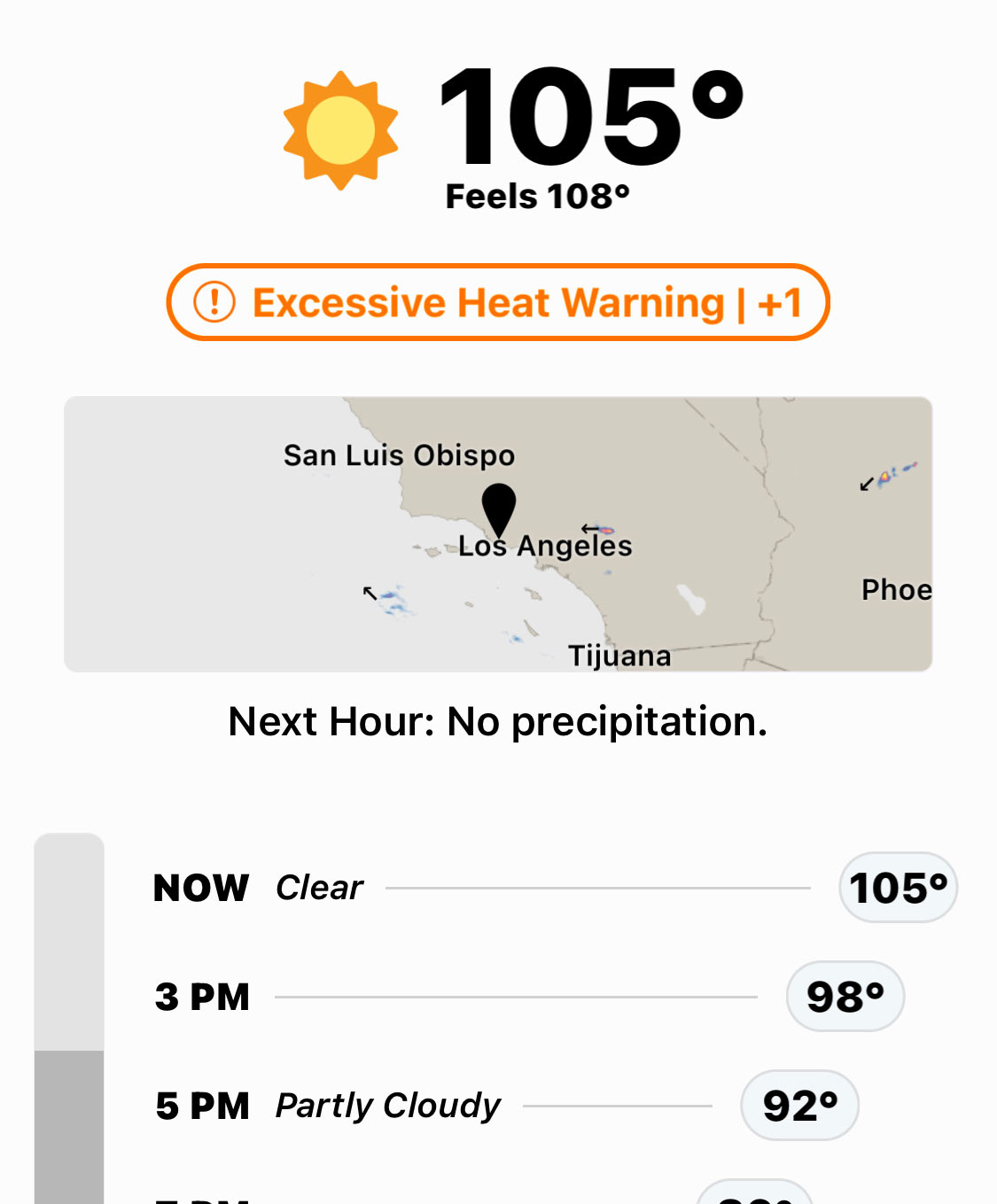
It was approximately 105 degrees outside, according to my phone. This was the hottest ever recorded temperature in Camarillo for September 4th, according to news reports.
I was there to play tennis on court one, which was supposedly some ten degrees or so hotter than outside, as the sun reflected off the concrete like a convection oven in the stadium architecture.
105 degrees? 110 degrees? 115 degrees?
“Who thought playing tennis today was a good idea?” one of my fellow players asked sarcastically.
“That would be me,” I responded.
I booked the court and the time a week ago, and I had no way of knowing how hot it would be today. The day before I was in Torrance at a high school tennis tournament. It had been 93 degrees there, but there had been a wind which had kept it civilized. This morning before my tennis match I had been at my daughter’s soccer game in 100 degree heat, and the girls had swooned in the heat despite parents constantly spraying or pouring water on them. They struggled to focus and compete. I got my daughter off the field and into shelter and cooler temperatures just as soon as I could. She was crying. They had lost the soccer game, her body hurt, it was hot, and a girl on the other team had cursed her.
Now it was almost noon, I was on the tennis court, and it was even hotter.
“Only mad dogs and Englishmen go out at noon in the midday sun,” I joked, “Which one are we?”
In my defense, this was the only time I had available to play tennis all weekend. If I did not set something up for the middle of today, I would not play at all. I almost never go more than two or three days without working on my tennis game. My level will drop otherwise, as will my conditioning. I take my tennis seriously.
So it was 105 degrees out by 11:00 am, and even hotter on the tennis court.
We lasted for about 80 minutes on the court. We played a full set and a super-tiebreaker.
I enjoyed it.
Or, to be more exact, I suffered on the court (as we all did) but I enjoyed the practice of playing in extreme heat.
I have played plenty of matches in hot weather, although nothing over 100 degrees. There are some players who cannot play in the heat. They wilt. They fall apart. They cannot handle it. Their tennis suffers. They lose.
My daughter claims some suffer more from the heat than others. She claims she herself cannot endure the heat and still play solid tennis or soccer or whatever. For her it is impossible, she asserts. It is her biology.
I suspect that is not true. What I suspect is that some players are better at suffering on the court than others. And if you want to compete at the higher levels of demanding sports, you absolutely need to learn to suffer. Or to put it more accurately, you need to learn how to learn to suffer in competition without losing your ability to concentrate. If you lose your focus, you will lose.
I wrote a long time ago about how I learned to suffer on the cross country teacher, and how that has helped me so much both professionally and personally.
And there I was today suffering in the extreme heat on the tennis court.
“I think it is just a poor decision to play in heat like this,” one friend claimed.
“No, this is a good training tool,” I responded.
Actually, I think we might both have been right.
My friend countered that if we end up in the emergency room after suffering a heat stroke, little good will come from such training. That is true enough. And plenty are the times in my life I have had my mind order my body to perform actions which resulted in injury or some other misfortune.
But more often my mind has been able to control my body in extreme moments and command it to perform arduous but necessary tasks. “The mind is a powerful weapon,” runs the adage, “so make sure you don’t use that weapon against yourself.” How true! Use your mind so that you can exert maximum will to excel on the tennis court or in the classroom or wherever, not otherwise.
It was difficult to concentrate and play high-level tennis in 115 degree courtside heat today, but it was not impossible. That is what I learned. It is simply a matter of disciplining the mind and filtering out the pain. It is a matter of concentrating amidst great suffering. This was good training, in my opinion. It is a valuable learning experience which gives me insight into myself and my abilities. So what if it is really hot? I have played in extreme heat before and have confidence I can handle it. My opponent will also be suffering during a match in the heat, and I am confident I can suffer as well or better than he can. That is what makes this valuable training. Similarly, I can play in the wind or humidity or whatever I might encounter. I will adapt and endure. I might not be able to control if the other player is better at tennis than me. Such a player will usually beat me. But I can control my mental outlook and positive demeanor – my mental toughness – on the court. I almost always do so.
Of all the tennis players perhaps Rafael Nadal is the best example of mental toughness – the ability to concentrate and fight amidst great physical and mental duress, to remain steady and solid under pressure. Nadal’s coach was his Uncle Toni, and he would purposely pick on his nephew to make things more difficult for him in practice. He would get the score wrong against Rafa on purpose, for example. Or he would make him play without water – all to toughen Rafa up, and to teach him to learn to endure adversity.
“If he [Uncle Toni] hadn’t made me play without water that day, if he hadn’t singled me out for especially harsh treatment when I was in that group of little kids learning the game, if I hadn’t cried as I did at the injustice and abuse he heaped on me, maybe I would not be the player I am today. He always stressed the importance of endurance. ‘Endure, put up with whatever comes your way, learn to overcome weakness and pain, push yourself to breaking point but never cave in. If you don’t learn that lesson, you’ll never succeed as an elite athlete’: that was what he taught me.”
These are good lessons, even if Toni’s treatment of Rafa seemed unfair at the time. With time Rafa came to enjoy suffering on the tennis court, and this was crucial for him to enjoy success at the highest levels.
There are similar lessons to be found with Jimmy Connors, who was trained in tennis by his mother and grandmother – a champion “raised by women to conquer men.” Jimmy’s mom Gloria was a tennis pro and an accomplished player herself, and she would beat up on her son in practice matches when Connors was just a kid. She would then say, “If your own mother will do this to you on the court, think about what the others will do to you!” She was harsh only to be kind – to prepare her son for what was to come.
This is a smart policy, although I never did it to my own daughters. Perhaps I was not strong enough to be hard on my daughters in this way. The Puritans claimed to love their children too much to properly instill discipline to them, and so often sent them away during adolescence. This is what I do: I outsource instruction to teachers and other adults in their lives. Let them be hard with my daughters. I find it hard to do so myself.
But I am fully willing to be hard with myself. I wanted steel in my spine. So I would put up with whatever came my way, on and off the court, to acquire it. This has served me well.
But after about an hour of competitive tennis in the extreme heat in Camarillo today, my partners asked for more time to rest in the turnovers. They increasingly complained of getting dizzy. It was time to get out of the sun. We finished our tiebreaker and got off the court.
We went straight into the air conditioned clubhouse and collapsed on the tile floor where we had the following pictures taken:
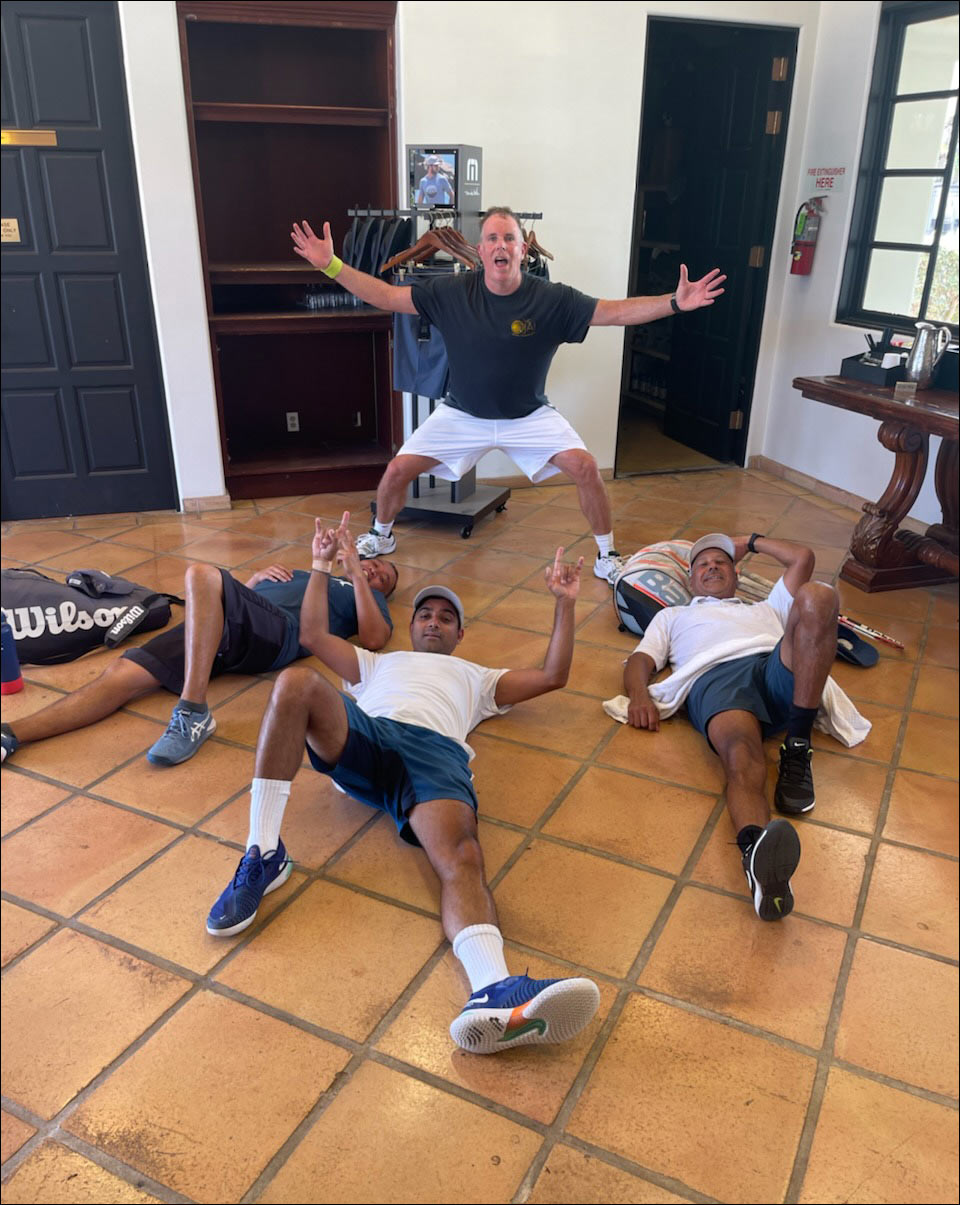
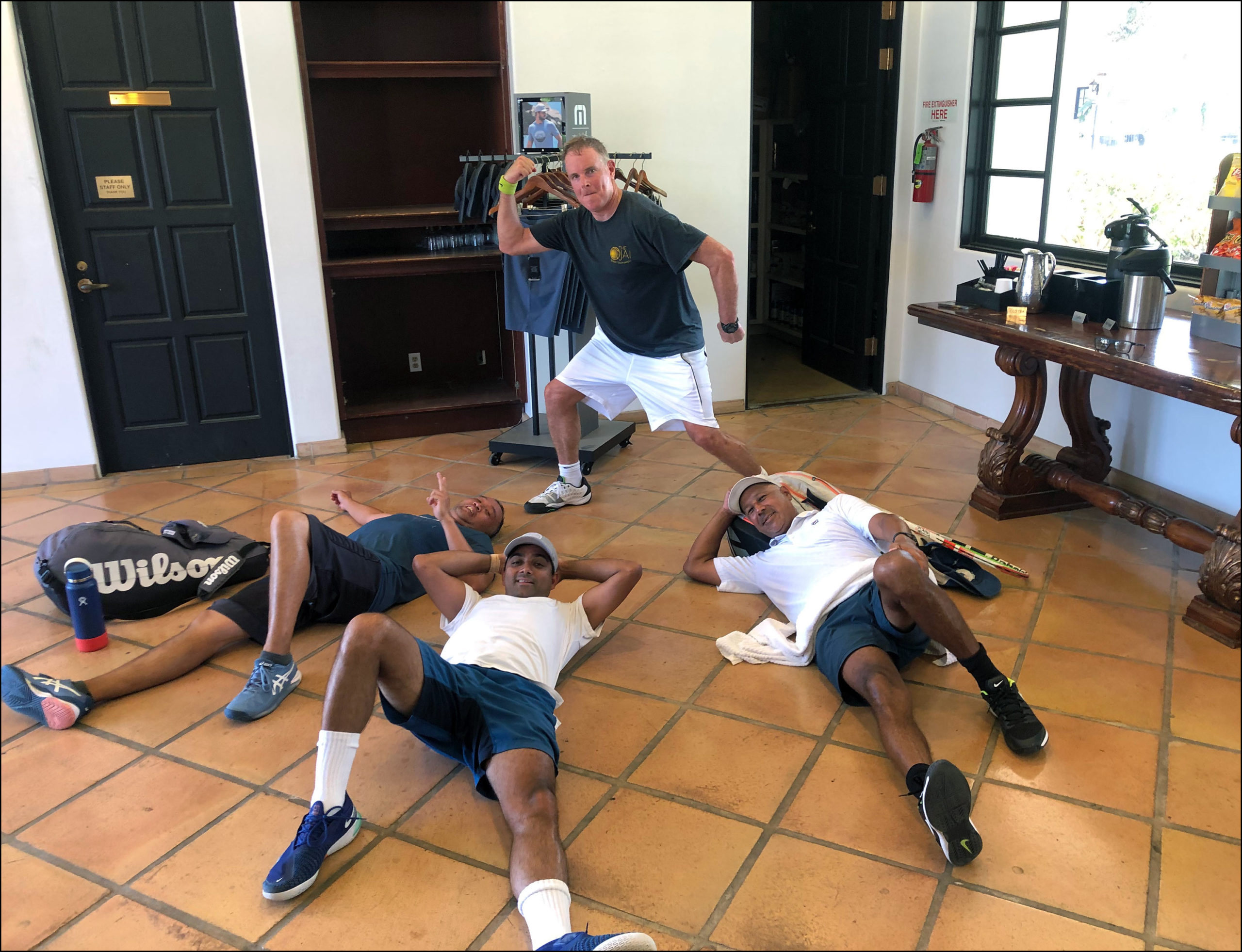
I see that nothing really shows in this photo of the extreme heat outside, except for the beat-red color on my face – that is the rightful token of what was happening out there today:
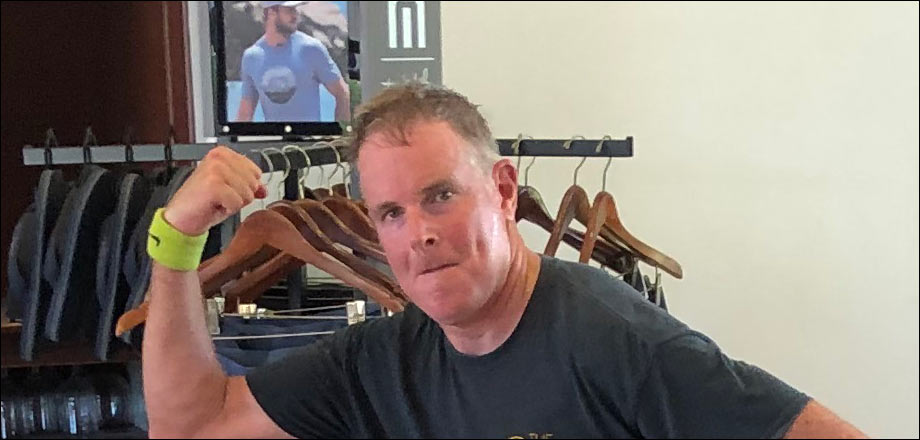
So I believe in the value of hard training, but it is important to keep things reasonable. It might be hard to find the appropriate line, but one can clearly go too far.
For example, I dislike the “uncompromising” music teacher Terence Fletcher from the acclaimed movie Whiplash. Under the mantle of authority as “teacher,” he was mostly just abusive and a bully. Similarly, I was never a fan of famed Indiana coach Bobby Knight screaming at his basketball players or throwing chairs across the court. Ohio State football coach Woody Hayes laying his hands on his athletes is just barely restrained rage. When I was in a college fraternity there would always be one brother who took things too far in hazing, with a pledge consequently going to the hospital. Navy SEAL training too often elides that slippery line between building tough warriors and abusing them. One would hope there are responsible adults overlooking the operation.
Perhaps it is this simple: If you want to test a person’s integrity, give them power over others. And the more power you give someone and the more they feel it, the stronger becomes that temptation to cross the line and abuse those under your authority. A few years ago I spent an entire week at the MCRD in San Diego with Marine Corps drill instructor Master Sergeant Cifuentes from San Jose, CA, and I went away highly impressed. I would feel safe with my child in his squad bay. But not everyone is of the same caliber as him.
I am variously a father, teacher, and coach. But I don’t believe in screaming, having seen next to no good conversations conducted in that manner. I try never to yell at those under me, and I almost always succeed. My motto is, “If you want someone to pay attention, you whisper.”
Maybe that does not work in all places and all occasions. But it works for me. It is my style of leadership, coming from deep down in my person.
I don’t know.
Maybe choosing to play tennis in the heat today was just macho showboating. I was more into it than my tennis buddies were.
But it did affect my mind and body.
For the rest of the day, I had trouble concentrating. The best way I can find to describe it is this: I felt sun-blasted and heat-dazed. Afterwards I wanted to lay there and veg out, as my brain felt nonplussed by the sun. My thinking was slow; I was prone to confusion. Also, my stomach felt queasy, as if I might suddenly suffer a bout of diarrhea. I would feel better the next morning, but still.
Was playing tennis today in extreme heat a good idea?
Or not?
Or both?
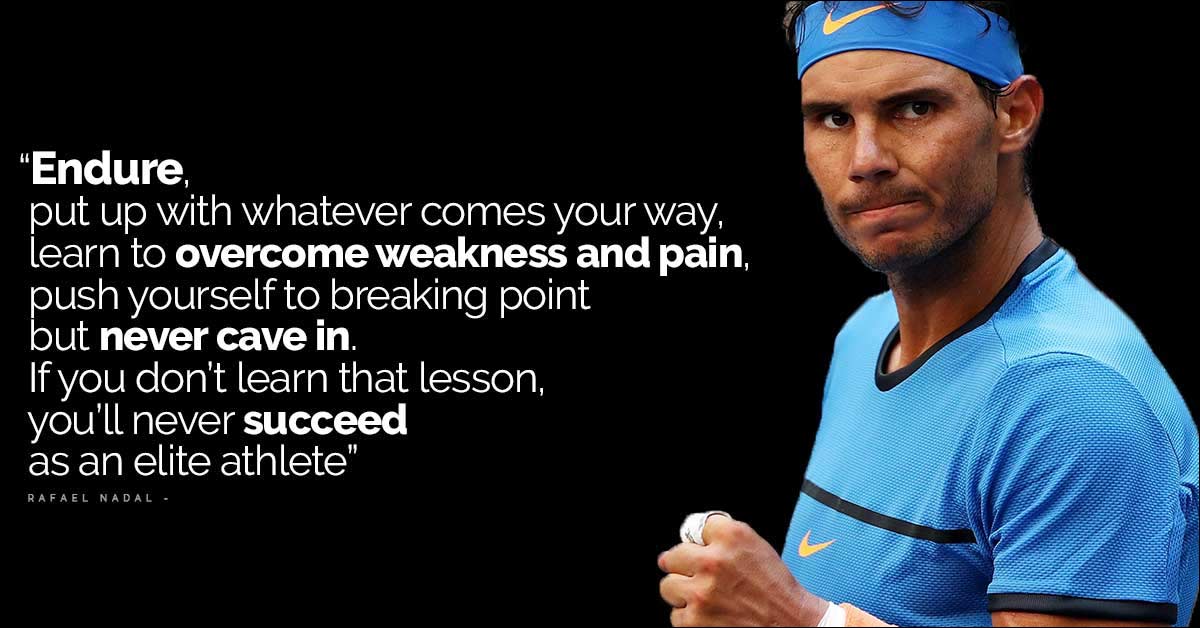
“The rest of the family looked on with a bemusement that, in the case of Rafa’s mother, occasionally gave way to anger. His father, Sebastián, had his misgivings. His uncle Rafael wondered sometimes whether Toni was pushing his nephew too hard. His godfather, his mother’s brother, Juan, went so far as to say that what Toni was doing to the child amounted to ‘mental cruelty.’ But Toni was hard on Rafa because he knew Rafa could take it and would eventually thrive. He would not have applied the same principles, he insists, with a weaker child. The sense that perhaps he might have been right was what stopped the more doubtful members of his family from outright rebellion. One who did not doubt Toni was Miguel Ángel, the professional football player. Another disciple of the endurance principle, in which he believes with almost as much reverence as Toni himself, Miguel Ángel says that success for the elite sportsman rests on the capacity ‘to suffer,’ even to enjoy suffering. It means learning to accept that if you have to train two hours, you train two hours; if you have to train five, you train five; if you have to repeat an exercise fifty thousand times, you do it. That’s what separates the champions from the merely talented. And it’s all directly related to the winners’ mentality; at the same time as you are demonstrating endurance, your head becomes stronger.”
Rafael Nadal
Rafa



